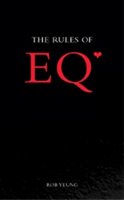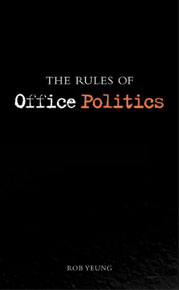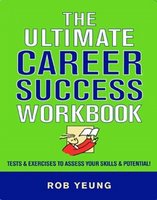My column (part 2)
A couple of months ago, I mentioned that Accountancy magazine had asked me to write a regular monthly column for them. And I asked to see if anyone had any ideas of what to call it.
Anyway, in the end they decided to call my column 'Yeung at heart'.
Which is cool. Okay, it's not the cleverest pun in the world, but at least the readers will never forget who their 'star' columnist is!
But the biggest thrill is simply being a monthly columnist. It's something that I've wanted to do for years. And I get to write about any aspect of management or leadership or careers or psychology at work that I want. Plus the magazine goes out to a huge readership - every single person who has ever graduated as an accountant. Which stands at around 150,000 readers, apparently. And that number goes up by several thousand every year. So it's good to know that I'm being widely read.
If you'd like to see how they laid out the column, you can read it on the Talentspace website by clicking here.


















